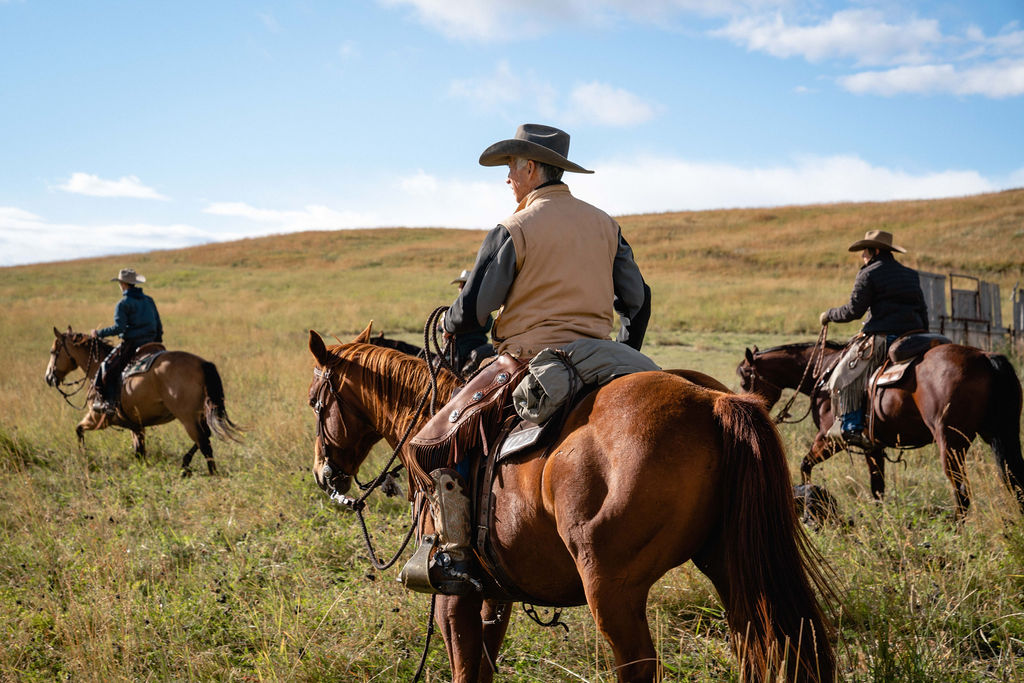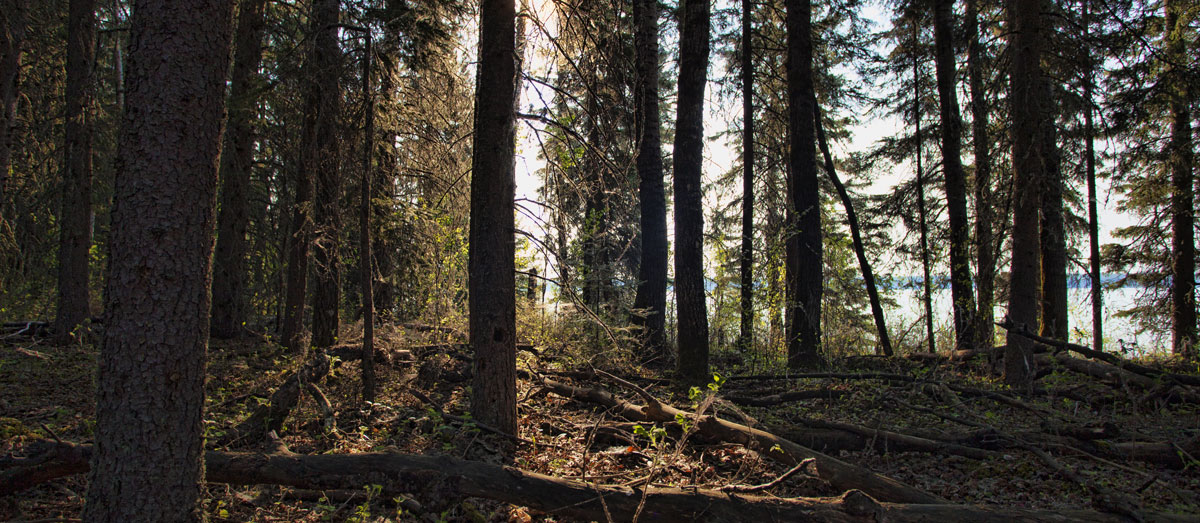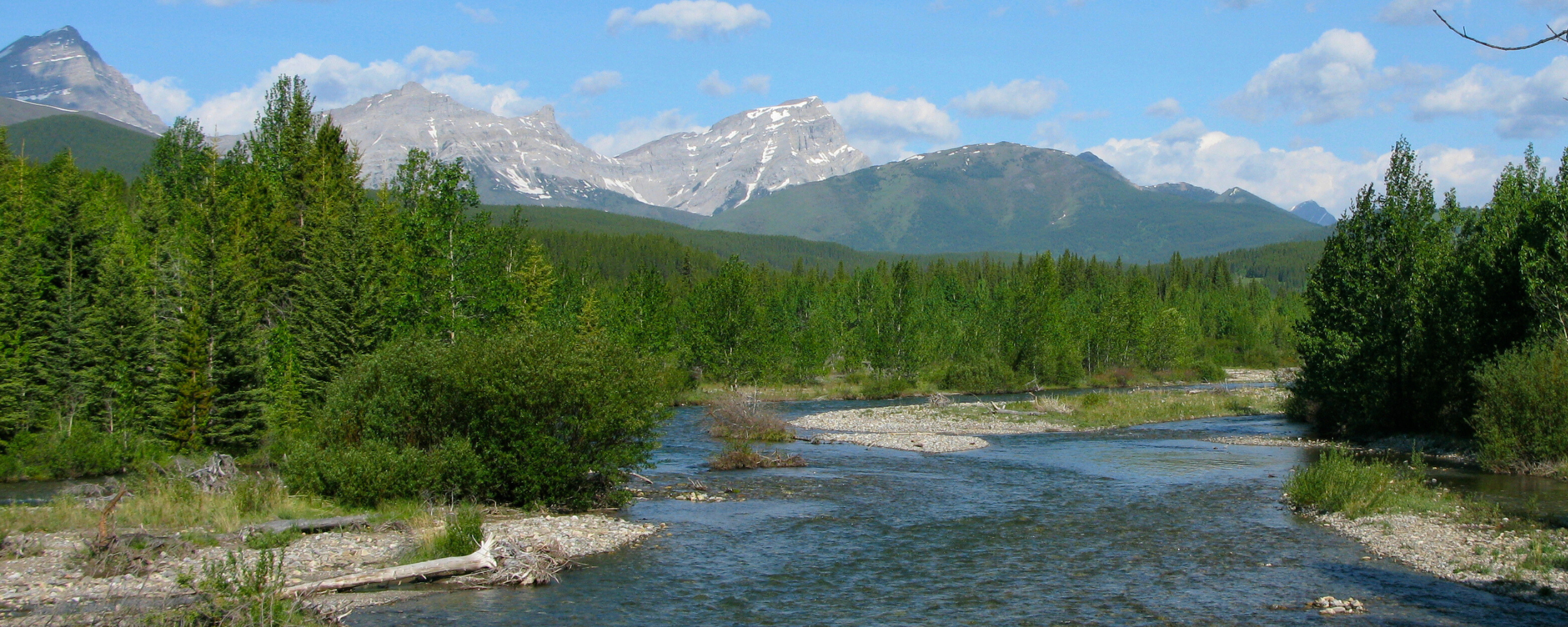By Becky Best-Bertwistle
This past year, 2021, has seen a battle play out for the future of Alberta’s Eastern Slopes. Renewed interest in coal development was facilitated by the rescission of the 1976 Coal Policy in June 2020. Since this decision, communities have risen up in opposition to coal development, galvanizing Albertans like never before.
CPAWS Southern Alberta has been leading in this fight on many different fronts — from our formal legal intervention in the Joint Review Panel process on the Grassy Mountain Hearing, to facilitating community engagement in the development of the new Alberta coal policy.

Here are some of the major wins we saw this year in the fight to keep coal development out of the Eastern Slopes.
In Spring 2021, we led the call to pressure Alberta’s Energy Minister Sonya Savage to cancel 1,800 hectares of new coal leases issued in December 2020, and exposed the fact that a total of 240,000 hectares of leases had been issued in previously restricted areas since the rescission of the Coal Policy. Later that spring, the minister announced she would be temporarily reinstating the 1976 Coal Policy and establishing an independent panel to create recommendations regarding the future of coal development in the province. During this time, we channelled public pressure to the minister and she subsequently introduced a moratorium on coal exploration in Category 2 lands. This work stopped hundreds of new kilometers of industrial access and shut down the development of dozens of new drill sites in the area.
In June 2021, the Grassy Mountain Joint Review panel, an extensive public hearing, announced that it was rejecting Benga’s Grassy Mountain Coal project, finding that it was not in the public interest. CPAWS Southern Alberta has been involved with the Grassy Mountain process since 2015. With the help of lawyers from the Public Interest Law Clinic, we put forward compelling oppositional evidence in the face of this proposal. While the company is applying for permission to appeal the decision, it could set a precedent for the other potential projects in the area.
Also in the summer of 2021, former Environment and Climate Change Canada Minister Johnathan Wilkinson announced that he would be designating the Tent Mountain Coal project for a federal environmental assessment.
Around the same time the minister, in a response to a federal petition authored by Latasha Calf-Robe of the Niitsítapi Water Protectors, announced his intent to automatically designate all new metallurgical coal projects for federal assessment. Work remains to address cumulative impacts and Indigenous and treaty rights from a federal perspective. However, the automatic designation of metallurgic coal mines and the statements made by the federal government regarding thermal coal send a strong message — Canada is ready to move past coal.
What’s next?
On a provincial level the regulation of coal mining still remains a major question. The recommendations from the Coal Policy Committee will be an important next step in the coal work. CPAWS Southern Alberta has engaged extensively in this process alongside our many partners. During this process it has become clear that instead of a resource development policy, the province needs a comprehensive policy that will protect the landscape of the Eastern Slopes.
Our key recommendations for the new policy include:
1. No further coal exploration or development will be permitted, including expansions of existing operations.
2. Existing thermal and metallurgical coal mining operations will be permitted to reach the end of their lives but must meet all provincial and federal guidelines and regulations for the duration of operations, postclosure and post-reclamation.
3. Timely and effective remediation of lands disturbed by coal exploration and mining activities must be completed by the companies.
4. Comprehensive land-use planning must be conducted across the Eastern Slopes to address the impacts of all other land-uses and activities in the region as soon as possible.
More Blog Posts

Speak Up, Write Out: The Power of a Local Op-Ed

Fine Issued to Forestry Operator for Erosion Control Failures

